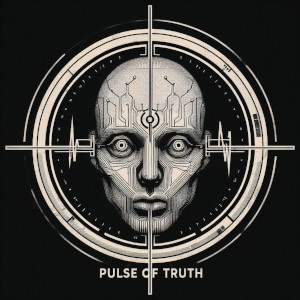
Being a Satanist while identifying as an atheist is often associated with a specific philosophical stance rather than a belief in a literal Satan or supernatural entities. In this context, Satanism can be seen as a symbolic representation of individualism, self-empowerment, and rebellion against traditional religious norms. Here are some key points to consider:
- Atheistic Satanism: Many atheistic Satanists do not believe in a literal Satan but use the figure as a symbol of freedom, personal responsibility, and the questioning of authority.
- Moral Framework: For these individuals, Satanism can serve as a moral compass that emphasizes personal ethics, critical thinking, and the pursuit of knowledge. It often promotes values such as individualism, self-determination, and hedonism, but within a framework that encourages personal responsibility.
- Philosophical Approach: This form of Satanism is more about philosophy and lifestyle than theology. It focuses on human experience and the material world rather than spiritual or supernatural beliefs.
- Cultural Critique: Atheistic Satanism can also be a critique of organized religion, particularly Christianity, and may advocate for secularism and the separation of church and state.
In summary, being a Satanist while being an atheist often reflects a philosophical and ethical stance rather than a theological one, emphasizing personal empowerment and a rejection of traditional religious dogma.
TL;DR Atheism simply means you don’t believe in a god. It makes no other claims. Satanism encompasses more than that simple perspective.











I can’t recall who said this, but they noted that the purpose of engaging in debate is not necessarily to persuade or educate the opponent, but rather to provide insights for the audience, who may have similar questions and can benefit from the discussion.